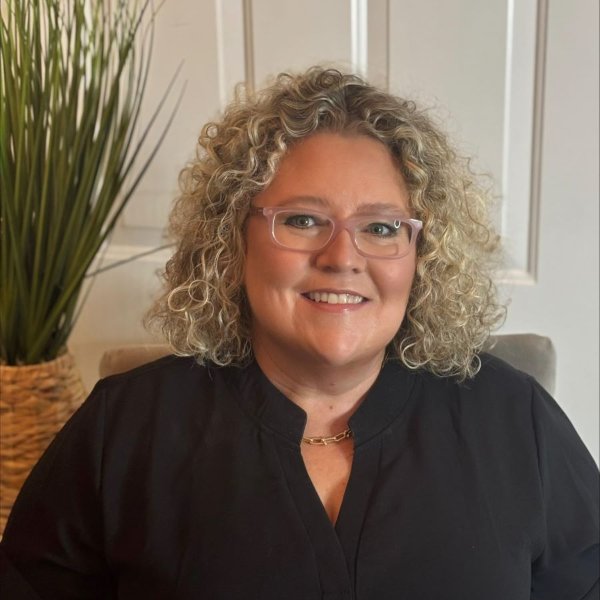What are home loan closing costs?
When purchasing a home, there can be a number of associated costs involved that the general person may not know is involved. One of the most commonly known ones is the mortgage down payment. However, some may not be aware that outside of that are additional "closing costs." Unsure what those are and what home loan closing costs include? The ABCs of Mortgage is here to help break it down for you.
What are closing costs?
Besides your down payment, these are fees you pay when you're ready to get keys to your house. This usually falls within 2-5% of your house cost. Some of these may possibly have assistance available (if eligible). And any agent-related fees may be covered by the seller, if you're a buyer. But let's unpack what else is involved with home loan closing costs.
What is included in closing costs?*
While this may not be an all-inclusive list, these are your typical closing costs examples. Home loan closing costs include things like mortgage insurance, homeowner's insurance, appraisal fees and property taxes.**
-
-
- Mortgage insurance: For certain loan programs, an insurance required if paying less than a 20% down payment. This secures the lender in case a borrower defaults. Mortgage insurance may be canceled after a certain point.
- Homeowner's insurance: An insurance paid to cover the assets of both the borrower and the lender. In case any qualifying event were to occur, such as an earthquake, fire, etc.
- Appraisal fees: The payment for the appraiser of the required appraisal of the home during the buying process.
- Property taxes: A tax rate required of the owner of the home determined by the correlating county's tax requirements.
-

Do I really have to pay these…?
(or are there other options?)
Well – yes. To both, luckily! These closing costs are fees that (as far as we can see) will always be required costs associated with the homebuying process. BUT, there may be additional options to help you out in this scenario. Each state generally has an array of options for down payment assistance programs. Most of these are applicable to both down payments and closing costs. You'll need to connect with your local loan officer to see if you are eligible for any of your regional programs.
Aside from the down payment assistance programs, you may also want to see if someone related to you is feeling generous and willing to offer a 'gift' to help cover costs. If you have a family member that is open to gifting you funds to help cover home loan closing costs, this is certainly permissible. All you'll need to do is make sure you have a formal letter filled out that affirms that this was a gift offered to you to assist in closing payments. So don't be shy in asking who may want to help invest into you and your possible equity.
Yes – the purchase of a home can initially feel like it's expensive. Especially when tackling on the additional closing costs upfront. But the equity, and freedom that homeownership brings, can certainly be a lot more rewarding than renting. However, if it sounds too daunting, connect with a loan officer to see if you may be eligible for assistance programs that may help cover closing costs.
*For more information on associated closing costs, contact a loan officer. **These may include more or less fees dependant on your scenario
Talk to a loan officer.


